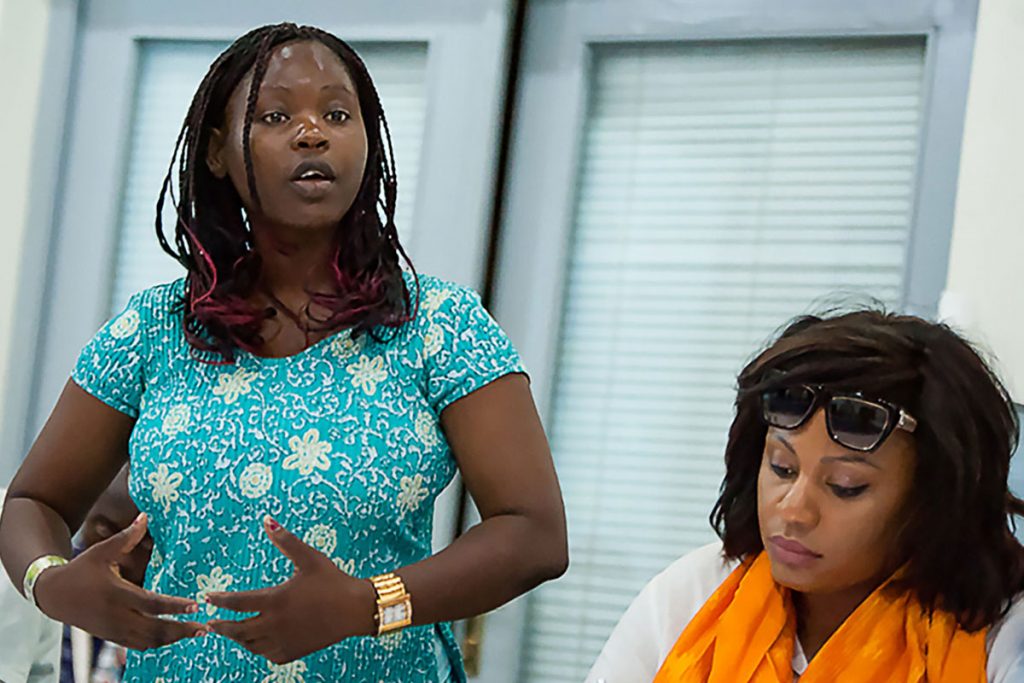
ECCAS, in partnership with ACCORD, hosts a consultation on the launch of the youth volunteer corps for the Central African region
A rich exchange of ideas on ‘Promoting Youth Volunteering for Development’

A rich exchange of ideas on ‘Promoting Youth Volunteering for Development’
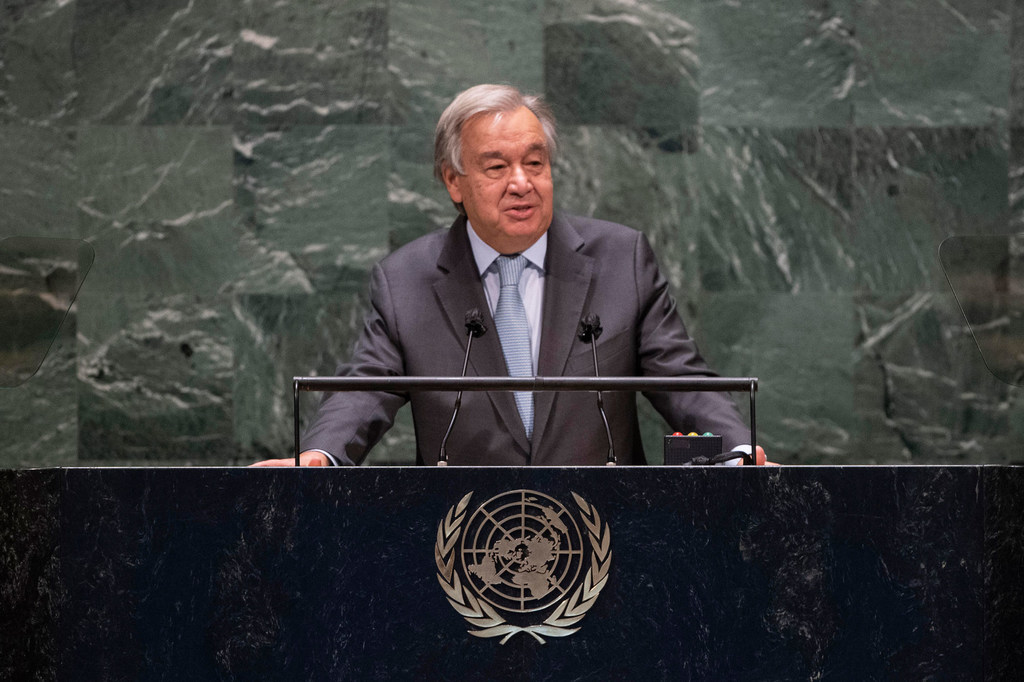
On 10 September 2021, the United Nations Secretary-General Antonio Guterres presented Our Common Agenda report at the paidUnited Nations Headquarters in New York. Setting out his vision for the future, Secretary-General Antonio
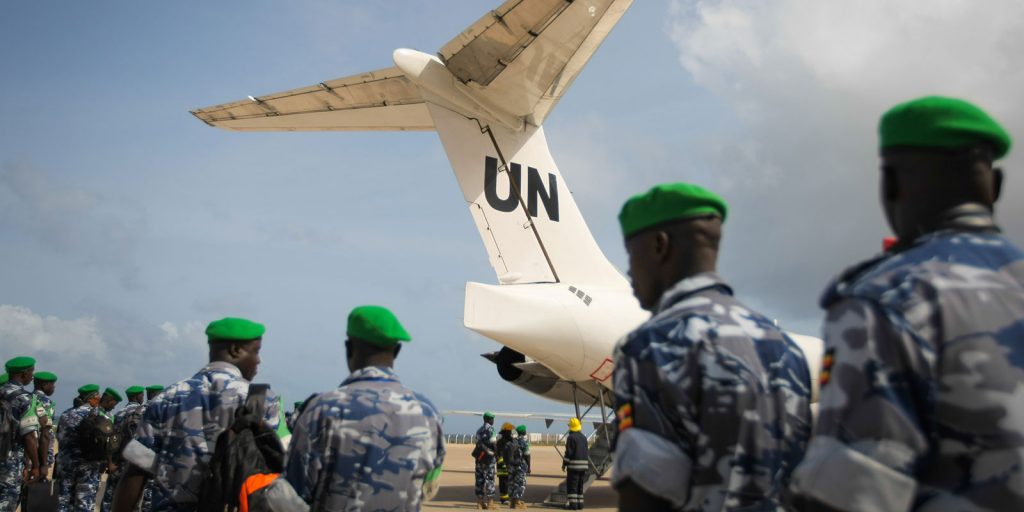
There are a number of examples of networked multilateralism in Africa, where regional and global institutions work together to pursue peace and stability on the continent, including in the area of peace support operations.
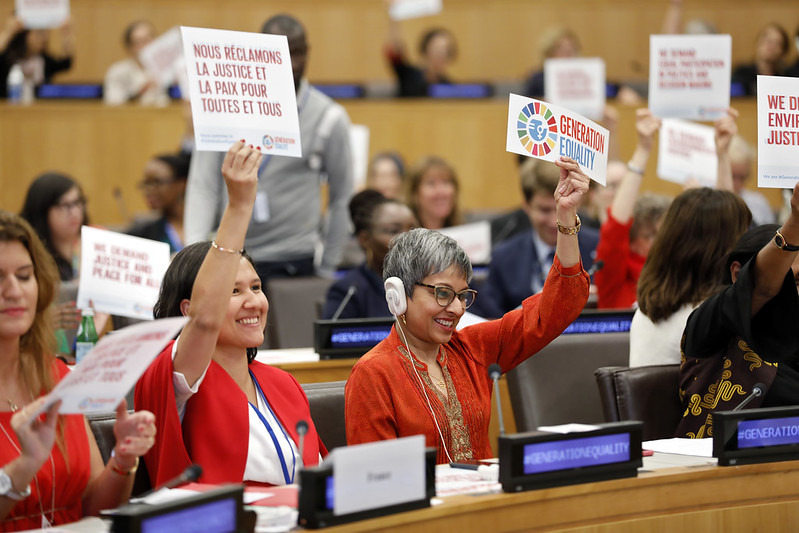
As a board member of the Generation Equality Compact on Women, Peace and Security and Humanitarian Action (WPS-HA), ACCORD was invited to attend the Generation Equality Paris Forum From 30
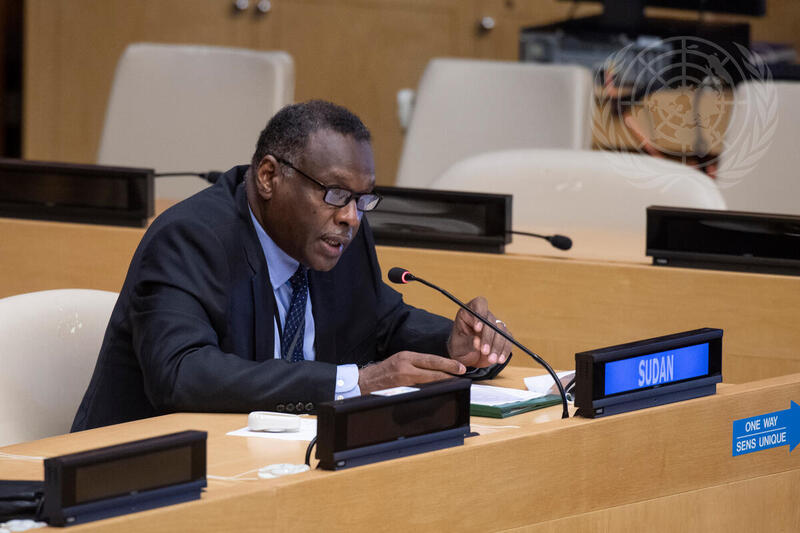
The International Peace Institute (IPI), the Stimson Center, and the Security Council Report (SCR), with support from the Permanent Mission of Germany to the UN, co-organised a virtual workshop to
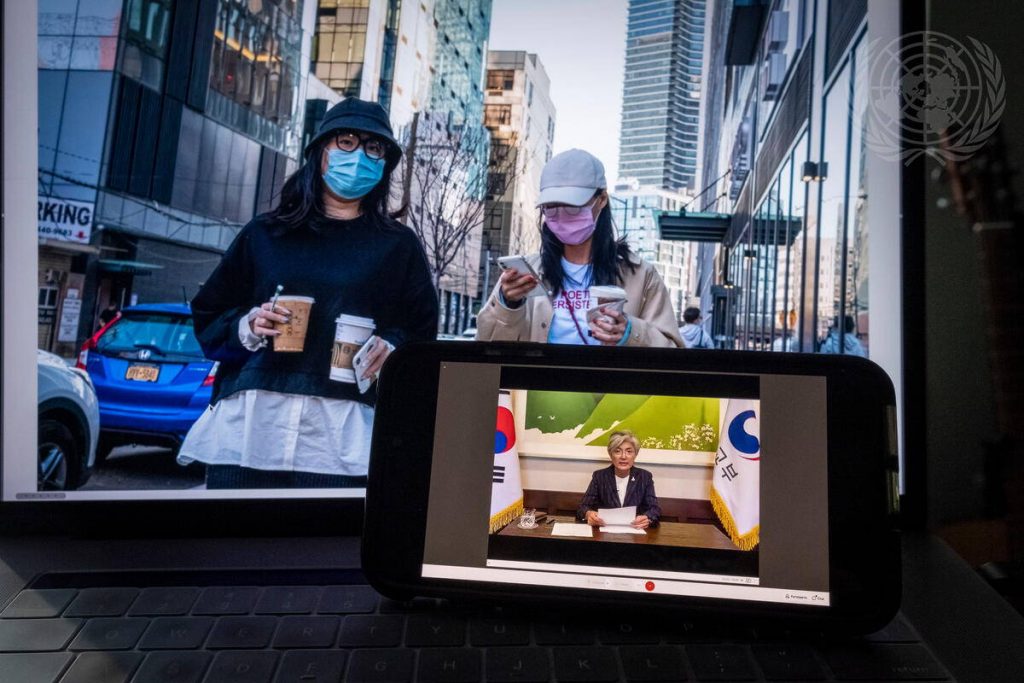
The UN Peacebuilding Support Office has launched a new series of short video conversations to understand how the pandemic has affected Peacebuilding efforts.
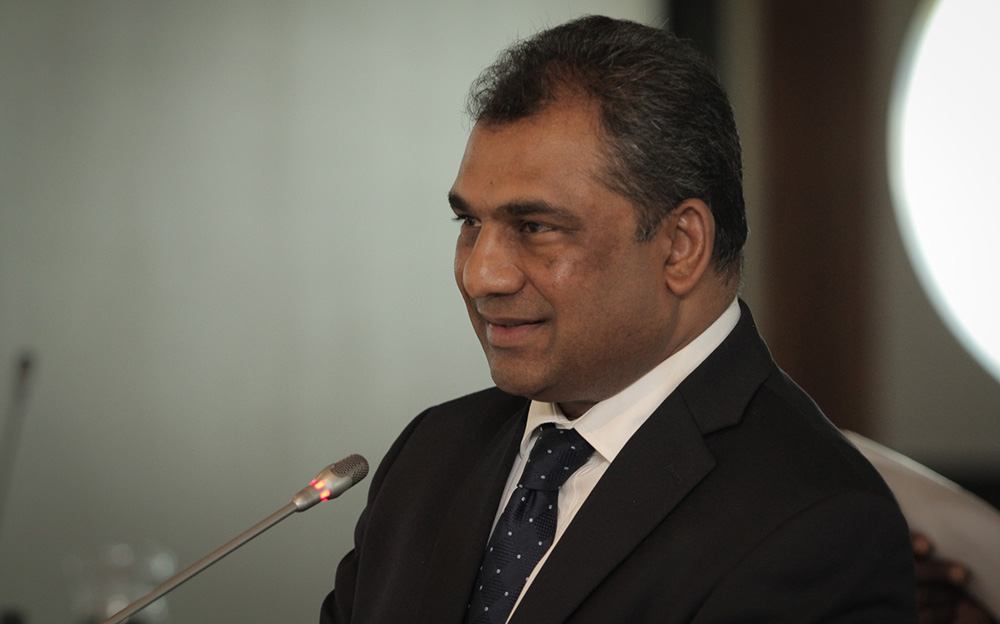
On 24 October 1945, the United Nations (UN) Charter was ratified by 51 members committed to maintaining international peace and security, developing friendly relations among nations and promoting social progress,
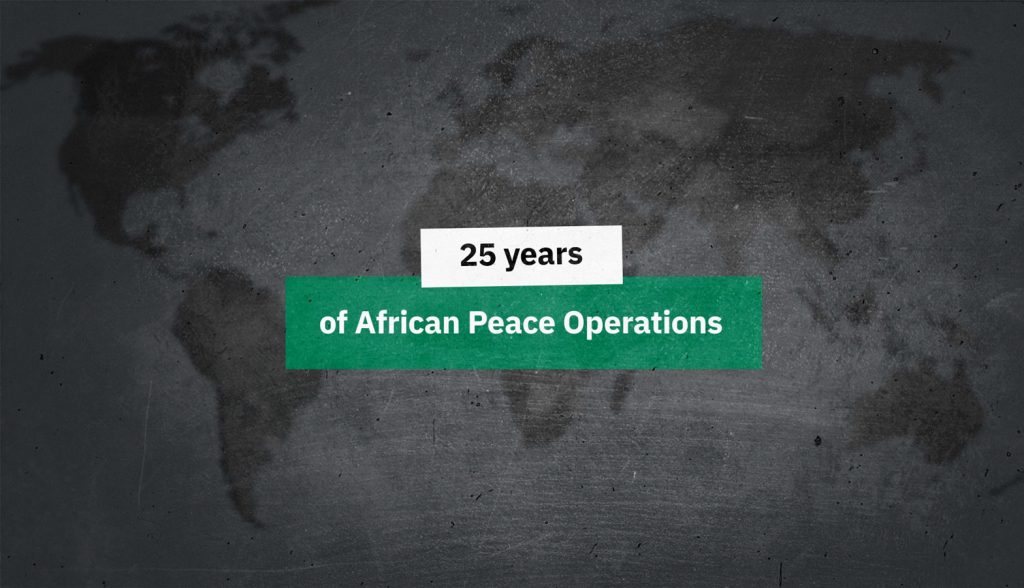
The story of the development of African peace operations capacity on the Continent, and its implications for the future of peace and conflict in Africa.
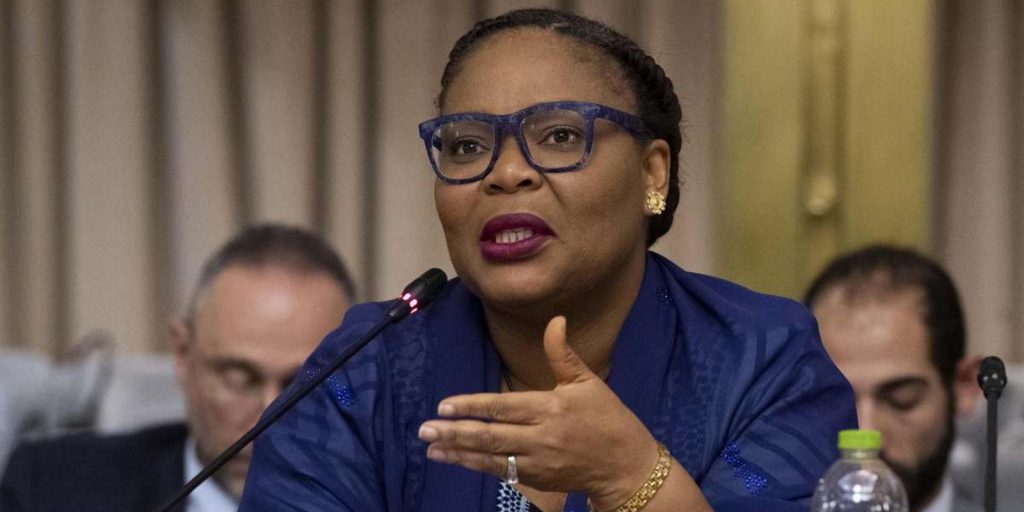
Knowledge sharing sessions have been a critical component of the broader FemWise-Africa Capacity Building Initiative.

Vasu Gounden formed part of the panel discussion in a UN exercise in crowdsourcing priorities and solutions, and harnessing big data analysis tools.